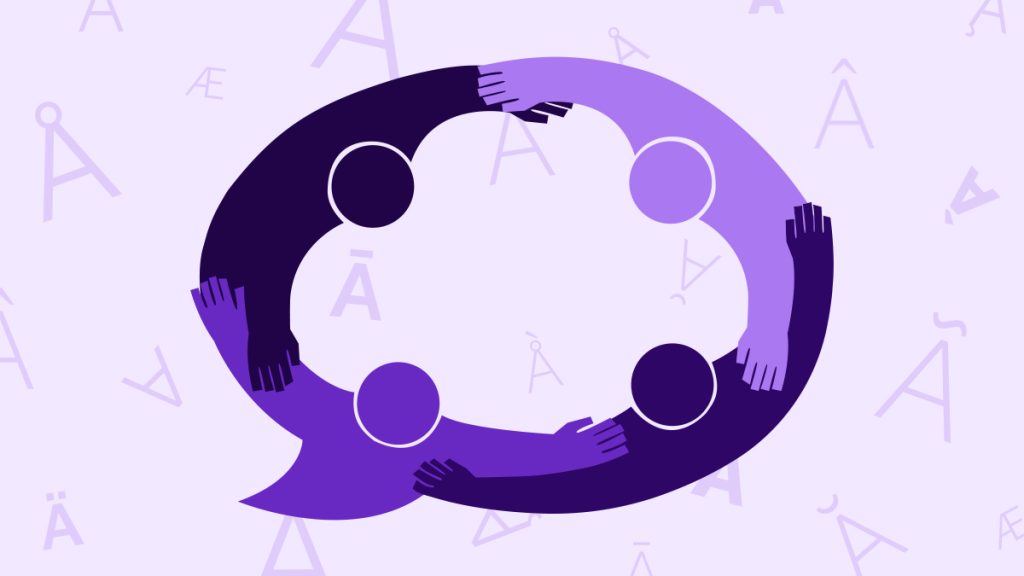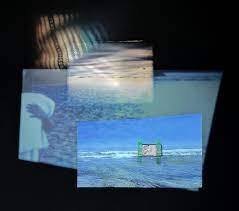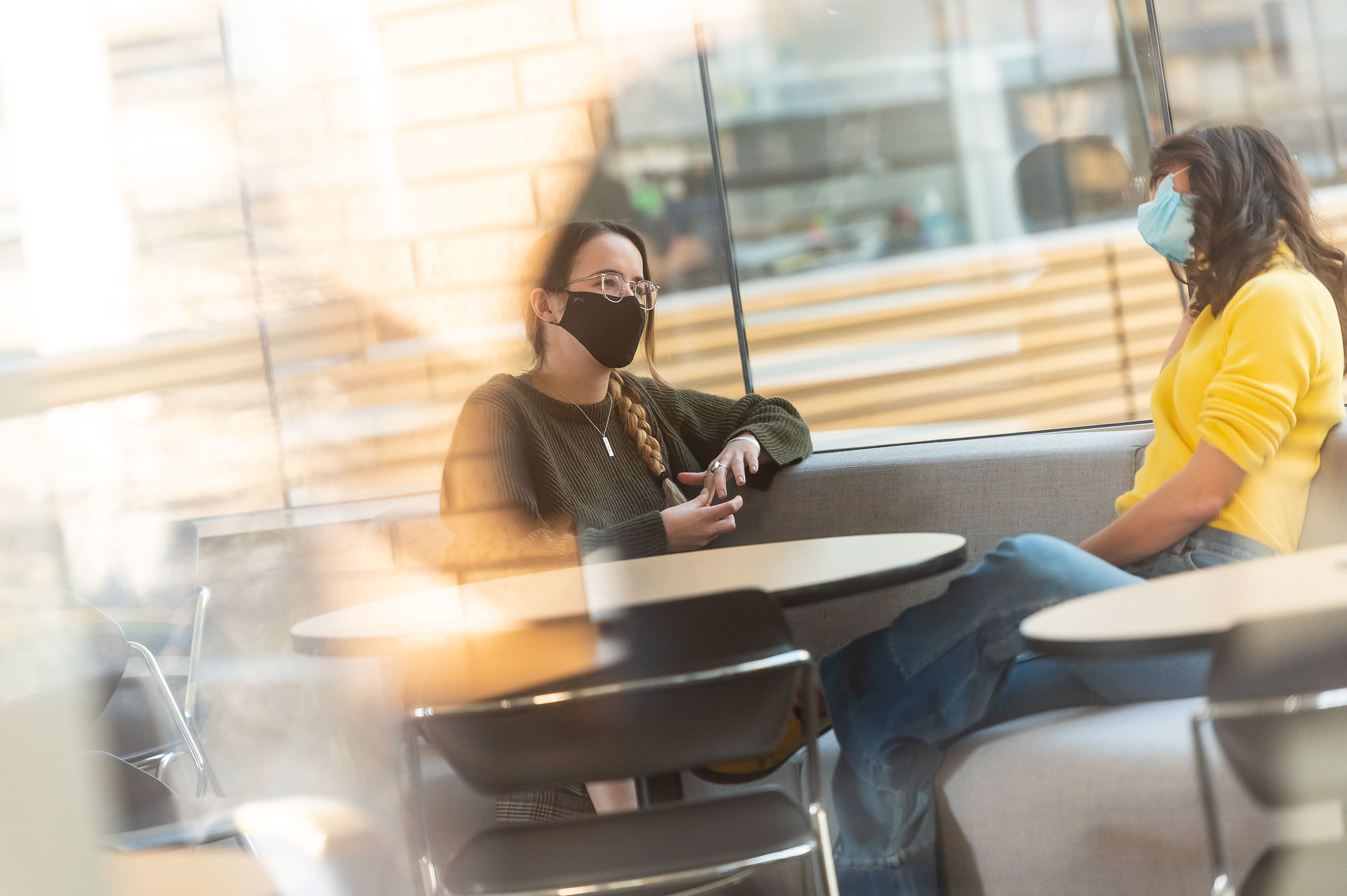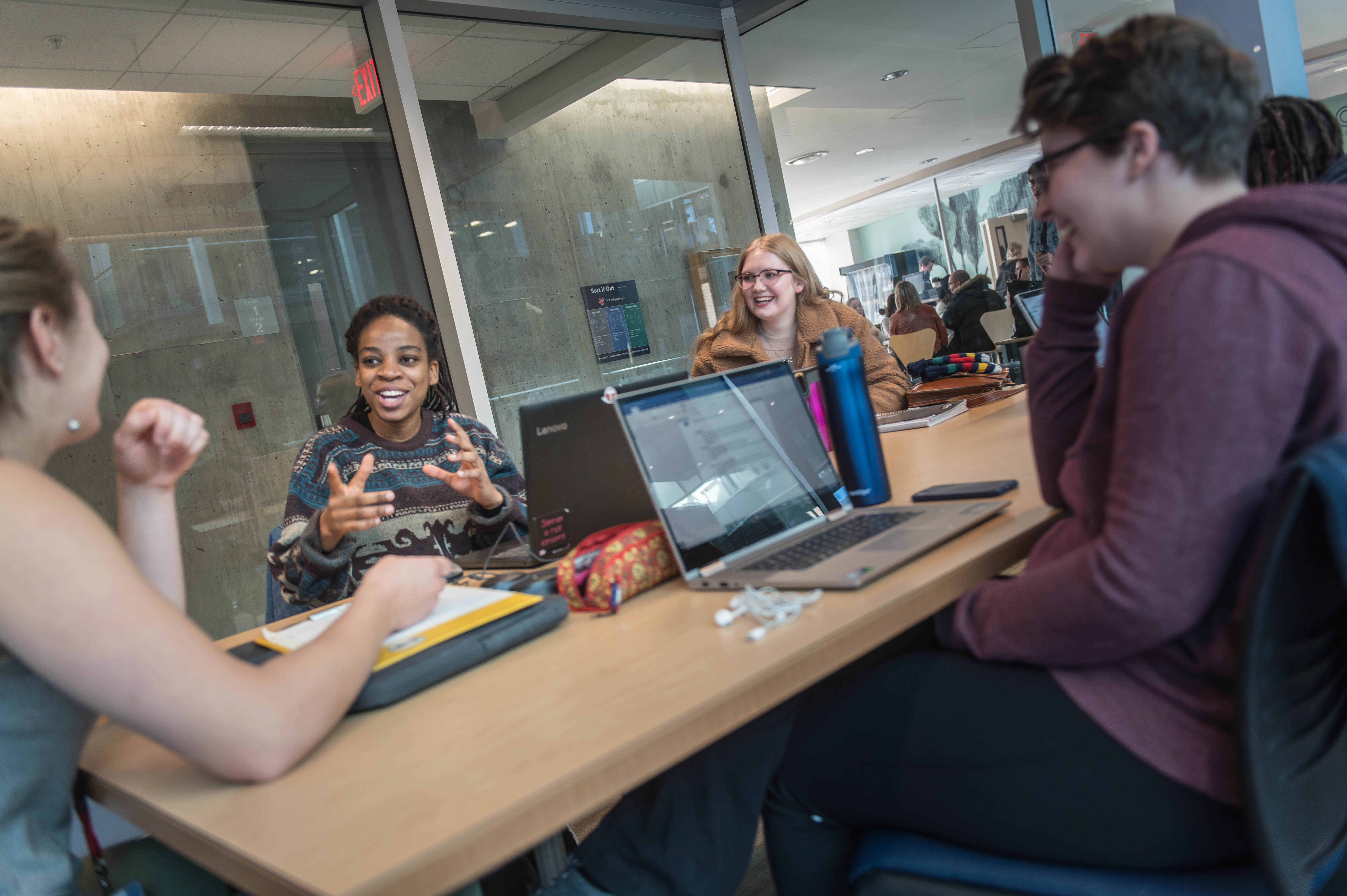

Abstract: When talking about multilingualism at a societal level, we usually tend to refer to the presence (and recognition) of a variety of both native and immigrant languages within a country. From that point of view, Canada certainly counts as a multilingual country, with at least 200 immigrant languages and over 70 Indigenous languages spoken (or signed) within its borders in addition to its two official languages. British Columbia is also strongly multilingual, both in terms of immigrant languages and by comprising about half of all the Indigenous languages of Canada.
But how often do we think of “multilingualism without borders”—that is, the total diversity of languages spoken in the world today? Globally, the earth speaks in over 7,100 different tongues. Only a few of those languages have very large numbers of speakers, with about 25 languages comprising a whole half of the world’s population. The remaining 7,000+ languages, the large majority of which are Indigenous, account for the other half, which implies that most of them have much smaller populations of speakers.
Celebrating multilingualism in its fullest sense means embracing all of the world’s linguistic diversity. It also means opening up to a broader understanding of linguistic diversity as a part of the biocultural diversity of life on earth: diversity in both nature and culture. In this talk, we will explore biocultural diversity as both an idea and a field of knowledge and action and consider its significance for achieving a just, equitable, and sustainable future for people and the planet.


